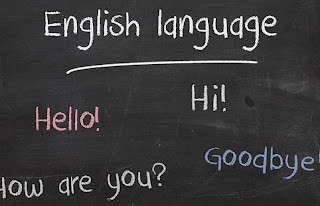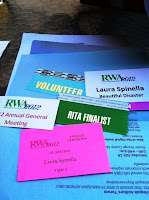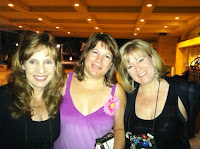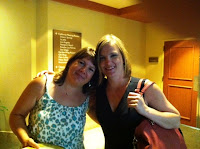Clicking Our Heels: Shadowing Any Writer – Dead or Alive!
Dead or Alive!
but for the fun of it, we all explained what writer (dead or alive) we’d want
to shadow and why.
was researching In Cold Blood. It was
a different time, before 24/7 news cycles, and he paved the way for true crime.
I’ve seen the movie Capote a dozen
times.
mysteries of his genius.
Just to see his marketing machine work. But in general, writing is pretty dang
boring. I think possibly “shadowing a writer” would turn out to be code for
staring at them while they type.
course! I’d love to ask her for plotting tips and I imagine she’d always stop
writing at tea time, just like I do.
Plum: Jane Austen strikes me as a woman who wrote despite the obstacles society
put in her way. Her acerbic view of her society spurs me to write about family
and place and love.
writes about a group of people that I would never think would be as evil and
dangerous and she makes it believable.
be my choice because she wrote groundbreaking novels, crystalline nonfiction,
and wickedly funny letters and diaries and she knew all of the most fascinating
people of the time (though she and her husband were the most fascinating of all
of them).
Shakespeare so I can finally put the debate about if he was real (and really
wrote everything he is attributed to writing) to rest.
teenager, Pearl S. Buck made me fall in love with Asian Culture, people, land,
language. I would love to tell her how much her writing inspired me and led me
to believe a woman could write and be published.
Sparkle Abbey:
Mary Lee Woods: This question is so
difficult! First, dead writers. I’d love to shadow Agatha Christie and I’d love
to have a conversation with Mark Twain. Such unique views of the world and
their views clearly influenced the stories they told. Secondly, living writers.
I’d love to spend a day shadowing Nora Roberts. She seems to have so many
stories in her head and works on multiple projects at one time. How does she do
it? I have many stoires in my head, but the ability to work on them at the same
time escapes me. I suspect it comes down to a brilliant brain, a love for
storytelling, and a solid work ethic. But… if there’s a secret…I’d love to know
what it is!
Anita Carter: That’s hard. Can I pick
two? Lisa Gardner because I struggle with plotting. She’s a master at it, and I’d
love to know her process. And Agatha Christie. From my understanding she’d
start with the murder, then move to the suspects. It’s very similar to how I
work, but I know there are ways I could improve my process.
Kay Kendall: Shakespeare. What a
fertile mind he had.
Debra H. Goldstein: Anne George. Not
only was she a wonderful humorous Agatha award winning mystery writer and the
Alabama poet laureate, she wrote one of my favorite literary works, This One and Magic Life. She also was
generous with her time bringing the beauty of words and writing to children.




